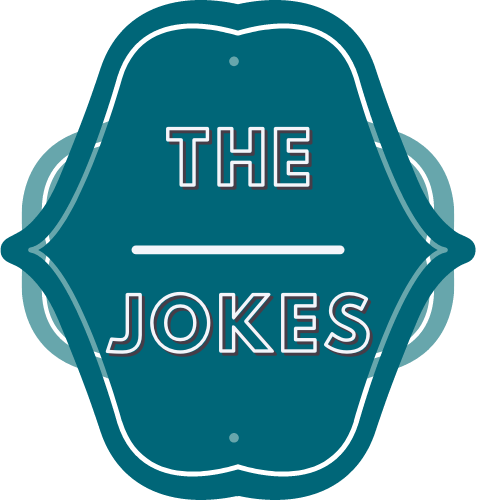In today’s competitive business landscape, retaining top talent has become a critical challenge for organizations worldwide. As companies navigate the complexities of modern workforce dynamics, effective talent retention strategies have emerged as essential components of successful business management. With studies indicating that 93% of organizations worry about employee retention, understanding how to keep valuable team members engaged and committed is more important than ever.
Building a strong company culture
A robust organizational culture serves as the foundation for successful talent retention. According to Boston Consulting Group research, emotional needs such as feeling valued, appreciated, supported, and respected are the most significant factors in employee retention. This insight aligns with what many leading companies already understand—people stay where they feel they belong. Organizations that prioritize creating meaningful workplace connections and values alignment typically experience lower turnover rates. Visit https://www.passportmarketing.es/‘>Passport Marketing for additional insights on how Spanish companies are implementing these strategies in various business sectors.
Creating an environment where employees feel valued
The workplace atmosphere significantly impacts employee satisfaction and loyalty. A 2023 Monster poll revealed that 73% of employees consider micromanagement the number one sign of a toxic workplace. Conversely, when employees feel their contributions matter, they develop stronger organizational commitment. This includes establishing open communication channels, practicing active listening, and ensuring team members have appropriate autonomy in their roles. Companies with strong retention rates often implement regular feedback mechanisms beyond formal reviews, creating spaces where employees can safely express concerns and ideas.
Implementing meaningful recognition programs
Recognition represents a powerful yet frequently underutilized retention tool. Many employees leave positions where they feel underappreciated, regardless of compensation. Effective recognition programs acknowledge both individual and team achievements in ways that resonate with employees. These can range from public acknowledgment during team meetings to more formalized award systems that celebrate significant contributions. The key is consistency and authenticity—recognition should be timely, specific, and genuinely reflect company values. Recognition systems have become so crucial that they feature prominently in business management discussions across industries, with specialized firms offering consultancy services to optimize these programs.
Competitive compensation and benefits packages
While culture and recognition are vital, financial considerations remain significant retention factors. Korn Ferry’s 2023 survey of 4,000 US and UK employees found that 82% would leave their job for higher pay or better benefits. Organizations must regularly benchmark their compensation packages against industry standards to remain competitive. However, compensation extends beyond base salary to include comprehensive benefits, equity opportunities, and performance-based incentives that reward loyalty and exceptional performance.
Designing salary structures that reward loyalty
Strategic compensation planning involves creating salary structures that acknowledge tenure while remaining market-competitive. This might include longevity bonuses, accelerated salary review schedules for high performers, or tenure-based equity grants. The goal is creating financial incentives that grow more valuable over time, encouraging talented employees to build their careers within the organization rather than seeking advancement elsewhere. With 44% of employees willing to switch jobs for a 20% pay raise, companies must be proactive in their compensation strategies, particularly for critical roles and top performers.
Offering flexible benefits tailored to individual needs
The modern workforce values personalization, particularly regarding benefits. Flexible benefit programs allow employees to select options that align with their personal circumstances and priorities. These might include enhanced healthcare options, additional retirement contributions, extended parental leave, educational assistance, or wellness stipends. Companies with remote work options experience 25% lower turnover rates, highlighting the importance of flexibility in retention strategies. Organizations that adapt their benefits to accommodate different life stages and circumstances demonstrate their commitment to supporting employees as whole individuals, strengthening loyalty and reducing attrition.
Implementing effective talent retention strategies requires a multifaceted approach that addresses both emotional and practical employee needs. Organizations must invest in creating supportive environments where people feel valued while ensuring their compensation remains competitive. By focusing on these key areas, businesses can significantly reduce the estimated $4,700 average cost per hire and build stable, engaged teams that drive long-term success. The companies that excel at retention understand it’s not about implementing a single program but developing a comprehensive talent management ecosystem that supports employees throughout their career journey.

